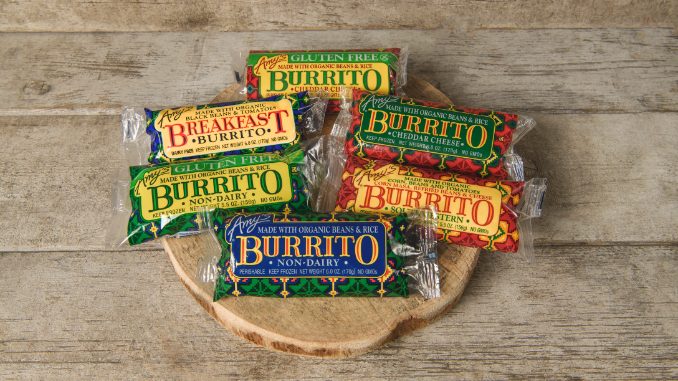What’s Up With the Amy’s Kitchen Boycott?
Photo by Amy's Kitchen
The past several years has seen no shortage of calls to boycott some of the most iconic food products on grocery store shelves. Currently, many are refusing to buy Russian vodka to protest the country’s invasion of Ukraine. And we can’t forget about the calls to boycott Goya products after then-President Donald Trump’s endorsement of the brand. But now, another major food company is coming under fire from veggie lovers—and for good reason.
Amy’s Kitchen has gained notoriety for its vegan and vegetarian prepared foods. Their frozen dinners have been a staple in many health- and ethics-conscious consumers’ kitchens since 1988. But some customers who have, until recently, believed they were buying ethical products from the brand are now boycotting the company over alleged hazardous workplace conditions.
In late January, workers at the company’s factory in Sonoma County, California, filed a complaint with the California Division of Occupational Safety and Health (OSHA) alleging poor working conditions and unreasonably demanding expectations for production. One worker I spoke with who has worked for Amy’s for a number of years said that the production lines move incredibly fast and that there aren’t enough people working the lines to move at a reasonable pace. They also mentioned that production expectations have increased over the years. This has allegedly left workers at risk of occupational injuries that can hinder their ability to work in the future. And considering the lack of what workers feel is adequate health coverage and compensation for their work, the consequences of these allegations, if true, can leave people in extremely precarious situations, both financially and health-wise.
Moreover, when concerned employees have gone to management, the company has allegedly ignored the problems and calls for change. The worker I talked to told me they feel like they’re constantly being watched at work. “We’re feeling a lot of pressure and a lot of pushback,” they said.
-

-

-

-

-

-

-

-

-

-

-

-

-

-

-

-

-

-

-

-

-

-

-

-

-

-

-

-

-

-

-

-

-

-

-

-

-

-

-

-








































